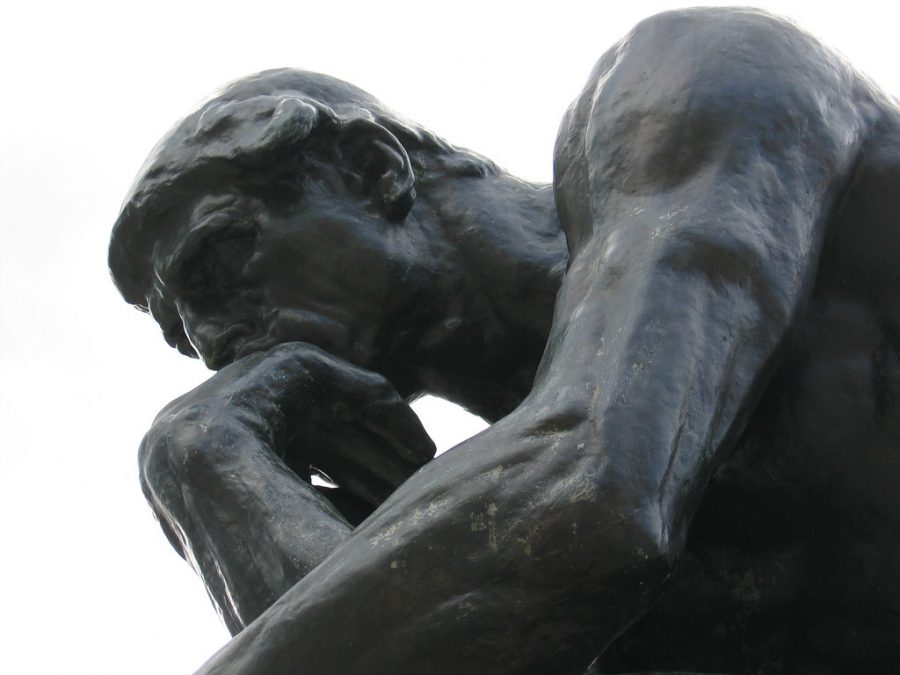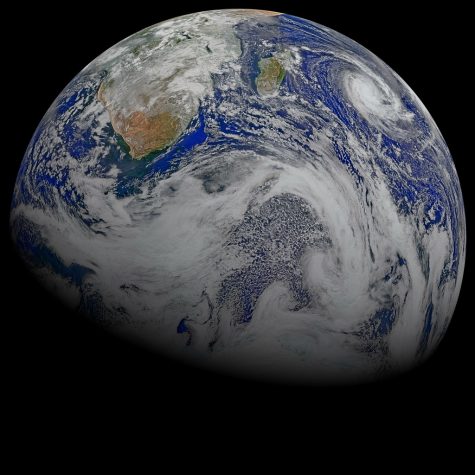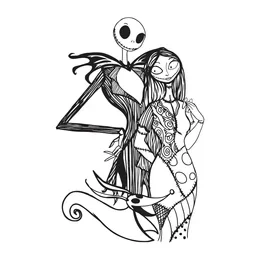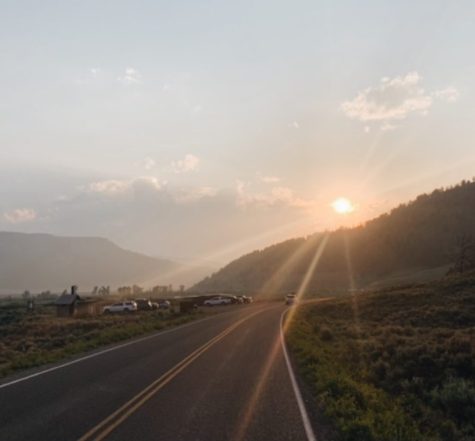The Implication of Meaning on Earth
TESTIFYING THROUGH AGES. The idea of mortality and life is a topic that has not only gained coverage by modern standards. From Aztecs to Romans, everyone developed their own ideologies and thoughts too, with the majority of their stories ending with afterlife. “In ancient times, religion was indistinguishable from what is known as ‘mythology’ in the present day and consisted of regular rituals based on a belief in higher supernatural entities who created and continued to maintain the world and surrounding cosmos” said author Joshua J. Mark.
A critical philosophical motif that has been scoured throughout the onstage of human existence is life and the implication of its meaning. Though it holds no bearing on the ability or capacity to walk through our existence, the question has thoroughly perplexed the philosophical wits of humans for centuries.
Though the physical motivation for walking out the door in the morning can be clearly defined with aspects like the necessity of food and shelter needed in order to maintain a comfortable bodily existence, the motivation of the mind and soul has seemed to always be in disarray.
Modern reasoning, or what we also call science, shows us that life was carried out in a series of almost impossible unlikely events, starting with a single collection of genetic material, and eventually flourishing to produce the vast plains of plants and animals we see before us today.
The slim probability of our existence on this planet cannot be emphasized enough. The critical conditions for the creation, nonetheless expansion, of cellular life on a planet have egregiously low odds of ever occurring.
“We don’t know the mechanism whereby nonlife turns into life, so we have no way of estimating the odds… It may be one in a trillion (it’s easy to imagine that), in which case, Earth life may be unique in the observable universe,” said Paul Davies, an astrobiologist at Arizona State University.
By putting these odds in hindsight, it begs the often overlooked question, if life was sparked through slim non-predetermined chance, is there actually meaning sustained through its existence.
Before humanity had the means of rationally solving the mysteries of nature, we were left with only the ability to craft implication through what our uneducated minds perceived. Obviously our minds didn’t have the ability to see or perceive basic molecules bond to form clouds or cells to mutate and cause disease.
We were left in an era where reason was scarcely attainable, and this lack of understanding led us to take something we thought we knew best and applying it to the configurations of the universe, that something being our own image.
This led to the creation of religions and social orders, defining our way of life with images of great men that lay low in the clouds above us, sharing similar personalities and impulses to us on earth.
As we fast forward through the ages though, we begin to develop probable understandings for universal natures, fogging these once-dominant social orders in suspicion and conjecture.
Modernists no longer speculate how to reflect the truths of God, but question the bearings of the truth itself.
It is commonly asked if religion should be treated as a thorough and proper methodology for the perception of existence and how to make life impactful? Or does it merely act as a basis to sustain reassurance that what we do on this earth gives way to a deeper connotation, allowing for people to find comfortability within their questionable reality? For many, it offers both guidance and reinsurance.
The ten commandments are a prime example, a base of simple guidelines that not only exert value in a perceived spiritual outline but simultaneously profit the social welfare of civilization.
Whether someone decides to not steal or kill because the governments deem it unacceptable or because it was written on a stone tablet makes no difference.
“I feel like we as a species spend too much of our time contemplating and it holds us back from endeavoring in this overall gratifying yet limited run on earth,” said John Muhleman, 10.
















